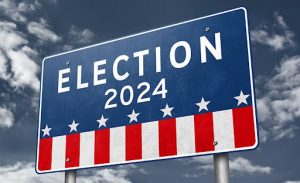United States President Joe Biden’s vaccine mandates are not likely to stand the test of the Supreme Court’s conservative bench, Friday’s proceedings indicated. The mandate intends to vaccinate millions of employees who work for small to medium-sized businesses.
The main argument of the conservative justices revolved around the United States federal law not granting authority to the government to impose a mandate that would cover millions of people. The COVID vaccine mandate was also connected to the rules laid out by the Occupational Safety and Health Administration (OSHA).
Also Read: What’s on the line as SCOTUS hears challenges to Biden vaccine mandates
Justices Brett Kavanaugh and Neil Gorsuch argued that OSHA does not have the power to roll out such a broad requirement unless approved by the United States Congress.
John Roberts, the Chief Justice, said in a statement on Friday, “Why doesn’t Congress have a say in this”, according to reports from NBC News.
He added, “Why isn’t this the primary responsibility of the states? It seems like the government is trying to work across the waterfront and going agency by agency.”
On the other hand, the liberal side of the Supreme Court based their arguments around the “public health danger” posed by the COVID-19 pandemic, saying the mandate is appropriate for emergency response.
Associated Justice Elena Kagan said in a statement, “This is by far the greatest public health danger we’ve faced in more than a century. Nothing else will be as effective at incentivizing people to get vaccinated”, NBC News reported.
Also Read: Starbucks follows OSHA mandates, sets vaccine or test policy for US employees
The arguments in the two cases come at a time of spiking coronavirus cases because of the omicron variant, and the decision Friday by seven justices to wear masks for the first time while hearing arguments reflected the new phase of the pandemic, Associated Press reported.
An eighth justice, Sonia Sotomayor, a diabetic since childhood, didn’t even appear in the courtroom, choosing to remain in her office at the court and take part remotely. Two lawyers, representing Ohio and Louisiana, argued by telephone after recent positive COVID-19 tests, state officials said.
(With AP inputs)





